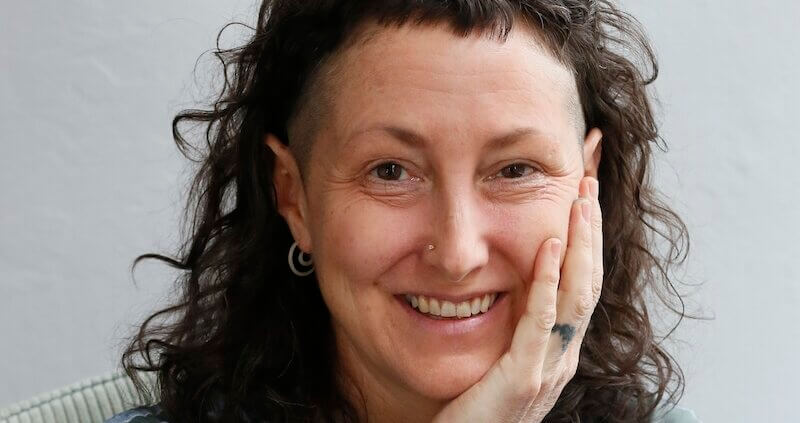Three Things You Didn’t Know About Acupuncture
By Tara YG Wells
Let’s address the elephant in the room first: needles.
As an acupuncturist for 12 years and a promoter of it for 25, it always comes up. It’s mainly because our primary experience of needles is via the hypodermic of conventional medicine. They are big and hollow by nature as fluid must flow through them. Necessary, but not necessarily fun. Dry needling, a useful therapeutic technique used by physical therapists, also gets muddled in the mix.
Folks often tell me they’ve had acupuncture when actually they’ve received dry needling. The technique originated using hypodermic needles manipulating trigger points. Now physical therapists use a large solid needles to manipulate structure and release muscle tension. Great technique — not necessarily comfortable!
Acupuncture is different We use tiny filiform disposable needles that are roughly the diameter of a human hair. In all my years of practice, I’ve had many patients who are terrified of needles. And they have all been pleasantly surprised by how different acupuncture needles are.
The second thing you may not know about acupuncture is how well it dovetails with Western conventional medicine. Medicine in the 21st century in America is truly amazing. With tools like antibiotics, surgery and the treatment of cancer, it has extended lifespan and improved quality of life. An area where acupuncture really shines is supporting cancer patients during chemotherapy and radiation. Current cancer treatment is a modern miracle. And it can be challenging for the patient to make it through the protocols. Using acupuncture to support sleep, energy, and digestion during this necessary process can be highly supportive.
Currently, conventional medicine is less successful with chronic conditions such as diabetes, chronic pain, and insomnia. While medications are palliative for these conditions, there is also the consideration of medication side effects. This is where acupuncture comes into its own because acupuncture is, at its core, about building health and restoring proper function. East Asian medicine in general, and acupuncture specifically, is deeply rooted in common sense and the rhythms of daily life. What is the quality of our sleep? Our diet? Our relationships? Acupuncture combined with daily habits that promote health can give us a strong foundation to weather the challenges of daily modern living.
Which brings me to the fact that health doesn’t just happen. Health is something that we build or erode daily. It’s like the difference between health insurance and health care. Health insurance is like homeowner’s insurance: it’s a really good thing to have especially when a tree falls on your house. But it doesn’t take out the trash or clean the gutters.
On the other hand, health care isn’t just a yearly visit to primary care. Our blood work lab reports are a very useful medical innovation. However, health care is a combination of both how we live and the tools we use to stay healthy. And there are many ways to do this. Movement, diet, therapy, bodywork, and good sleep are some of its many components.
No matter our age, we are all aging. But as a culture, there are aspects of aging that we accept as “I’m just at that age now…”. Don’t get me wrong: we are all going to get older. But decreasing sleep quality, stiffness and poor digestion are optional.
In our modern world, we are constantly buffeted by a myriad of demands like work, family, relationships. And then there are the extraordinary demands of chronic illness or caring for someone with a chronic condition. The underpinning of all this is our health. Aging is mandatory- resilience is optional!
Curious about acupuncture? Consider coming to the Sanctuary Wellness Center for NADA Weekend Wind Down. The NADA ear acupuncture protocol uses five points in each ear to calm the nervous system and reduce stress. Once the points are placed in the ear, participants relax comfortably for 20 to 40 minutes.
Recipients of NADA report relief from stress and anxiety and improved mood and sleep. This technique has been used successfully to support mental well-being in situations ranging from counseling and recovery programs to natural disasters. Join us on Friday, April 12 from 5:30 to 7pm at the Sanctuary to experience this simple procedure and start your weekend off right!Tara Welty has more than 23 years experience as a practitioner of East Asian medical arts. Her extensive training includes traditional acupuncture, Jin Shin Jyutsu, gua sha, NADA auricular acupuncture and Plant Spirit Medicine. She practices at Sanctuary Wellness Center in Berryville.










